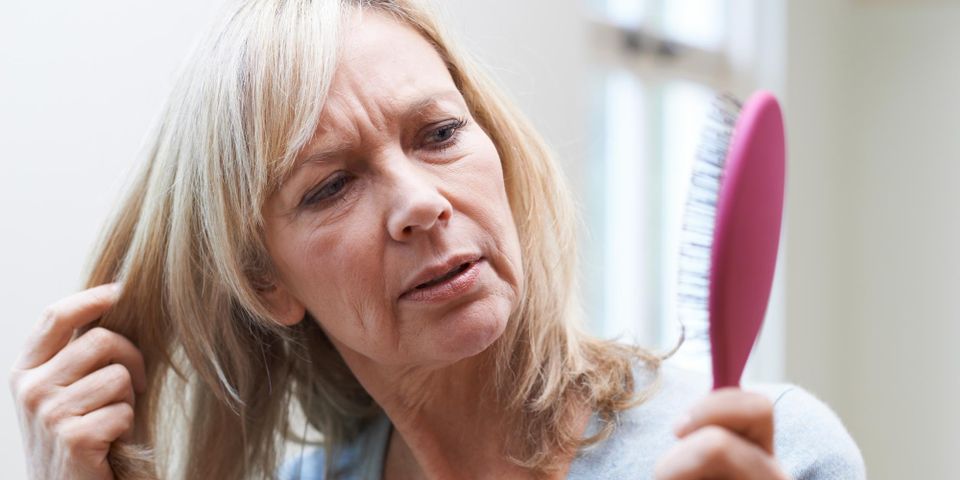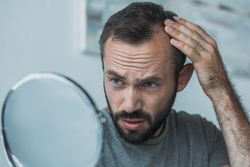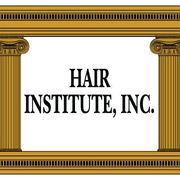
Hair loss is one of the most common and visible signs of aging, affecting both men and women. When your hair isn’t as luscious and full as it once was, it can impede your confidence and make you feel self-conscious. Use this guide to understand the causes, look for signs, and learn how to slow the process.
Guide to Hair Loss & Baldness
Causes
About 80% of people experience hair loss as a result of genetics. If family members experienced significant hair loss, you likely will as well. If you have a family history of baldness, see a specialist for preventative treatment. Aside from heredity, thinning may also be a result of an underlying health issue, such as chronic stress. In extreme cases, causes may include lupus, ringworm of the scalp, or an abnormal thyroid.
Signs
One of the most common symptoms of balding is decreased hair density. One of the first signs is if your hair seems less voluminous than it once did. You may also notice hair fall — large clumps falling out when you comb your hair or take a shower. Washing your hair less frequently and limiting exposure to hot water and heat products can help this issue. Falling hair can also indicate a lack of nutrients, such as protein; healthy fats; and vitamins E, B, and D. Eat a nutrient-rich diet and take supplements to improve your hair health. Bald spots may also occur around the scalp. If the spots are in more than one location, it may indicate a skin condition; see a healthcare provider as soon as possible. Another common sign, particularly in people near age 50, is a receding hairline, which is a natural process of aging.
Solutions
If you’ve noticed a receding hairline or hair loss and don’t have a family history of baldness, talk to your doctor to determine if there are underlying causes. They may recommend stress reduction techniques, a change in diet, or treatment for another medical condition. If you have a clean bill of health or know hair loss runs in the family, see a hair restoration professional. There are several options, including wigs that closely resemble natural hair. Alternatively, nonsurgical hair replacement is a permanent and highly effective solution.
Residents of Lexington, KY, rely on Hair Institute for professional hair loss treatment. From laser hair therapy to hair transplants and artificial hair, they provide a range of options to restore your locks and your look. Call (859) 263-9811 to speak with a friendly team member and visit their website to learn more about their services.
About the Business
Have a question? Ask the experts!
Send your question

